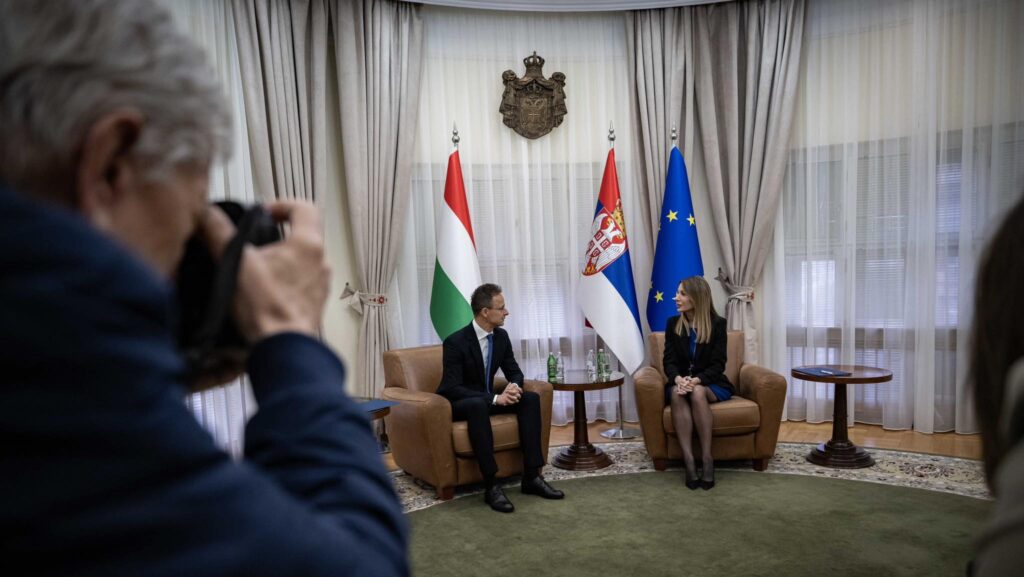Europe’s thirst for oil and natural gas is reviving interests in African energy projects. As Europe is scrambling to replace the sanctioned Russian supply, projects that were abandoned due to high costs and climate change concerns are put back on the table.
Gigantic Investment
Energy firms are planning projects worth around $100 billion in Africa, according to Reuters calculations.
There is a considerable amount of untapped gas and oil in countries such as South Africa, Uganda, Mozambique, Tanzania, Kenya and Namibia.
Namibia has the potential to provide 500 million barrels of oil per day and Africa as a whole could replace as much as 20 per cent of Russian gas exports to Europe in the next eight years. According to the International Energy Agency (IEA), 30 billion cubic metres of African gas could flow to Europe by 2030.
Focusing on Africa
‘As the world seeks to replace Russian oil and gas volumes […] the industry is now focusing on the advantaged barrels Africa has to offer,’ said CEO of Canadian oil explorer Eco Atlantic Oil & Gas, Gil Holzman. His company is interested in oil licences in offshore Namibia.
‘The majors have been building larger positions […] competitively bidding for exploration, development and production acreage,’ he told Reuters.
Just as companies are bidding on oil licences in Namibia, the same can be said for Tanzania. The country has signed a liquified natural gas (LNG) framework agreement with Equinor, a Norwegian energy giant, and Shell, to quicken the development of their export potential.
In a similar vein, Mozambique is set to restart its halted $20 billion LNG project with French oil giant TotalEnergies, if security improves.
The EU gets 14 per cent of its LNG supplies from the country
Nigeria is already a significant exporter, the EU gets 14 per cent of its LNG supplies from the country but there is potential to increase this by 200 per cent, according to Matthew Baldwin, deputy director general of the European Commission’s energy department.
However, theft and vandalism of pipelines serve as a bottleneck for Nigeria’s output, leaving gas production at around 60 per cent capacity. According to Nigerian officials, real progress can be made to secure the pipelines and increase production rapidly.
While investment in African energy has yet to recover from the plunge in oil prices, which meant investments stopped as extraction would not be as profitable, Africa now has the potential to ease the supply issues.
According to African energy advisor Gonçalo Falcão, ‘Now there is a lot of activity to try to force forward these projects. There is clearly a sense of opportunity to reinforce them.’
Amid the energy crisis, the incentive to invest in Africa’s energy sector is crystal clear.
The First Truly Global Energy Crisis
‘We are in the middle of the first truly global energy crisis and we have to find solutions to replace the loss of Russian oil and gas,’ according to IEA executive director Faith Birol.
Investments in the untapped reserves were not only abandoned for financial reasons, but because of environmental concerns as well.
As the global transition to low carbon technology renders fossil fuel projects outdated and unfeasible, oil giants have to move quickly in order to cash in on the untouched African reserves.
Opportunity and Momentum
‘Africa now has a huge opportunity. Following the recent crisis in Ukraine, the global context of the energy markets and supply were radically changed – not for a matter of years but for decades,’ Eni’s Chief Exploration Officer Luca Bertelli stated at the Africa Energies Summit. ‘Momentum should be captured now.’
‘Africa now has a huge opportunity’
‘We welcome the increased interests we are seeing from European countries and companies in developing our resources, which is in our mutual interest,’ said Abd Esselam Ould Mohamed Salah, minister of petroleum, mines and energy of Mauritania.
Due to the war in Ukraine, the world is in the midst of the first truly global energy crisis. This has prompted European investors and oil giants to revisit their abandoned fossil fuel projects in Africa. The projects were deemed unviable due to cost and environmental commitments but the crisis has pushed nations and companies to reconsider, sparking billions in renewed investment. African nations welcome the investments and are looking to assist companies and investors in upping their domestic production.








